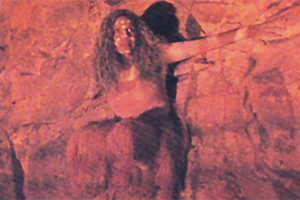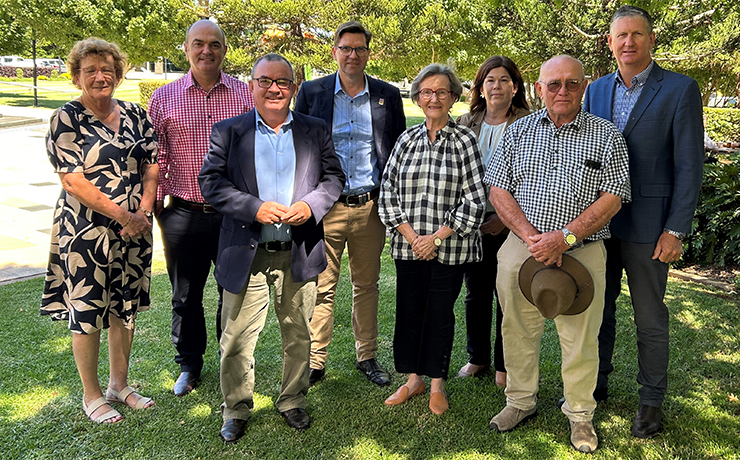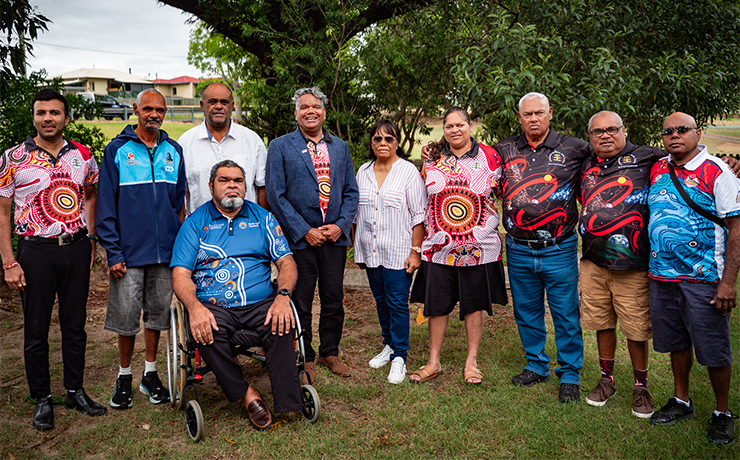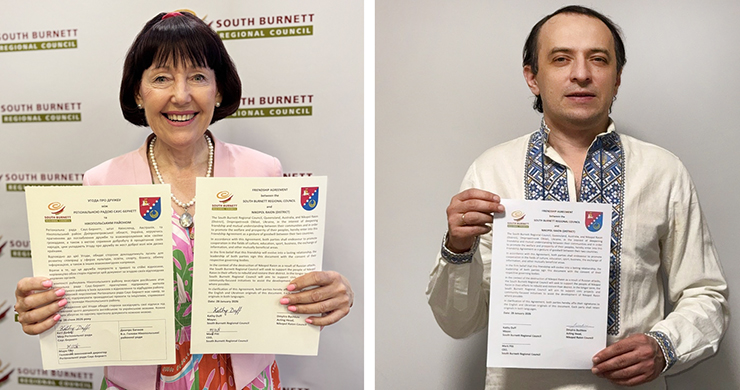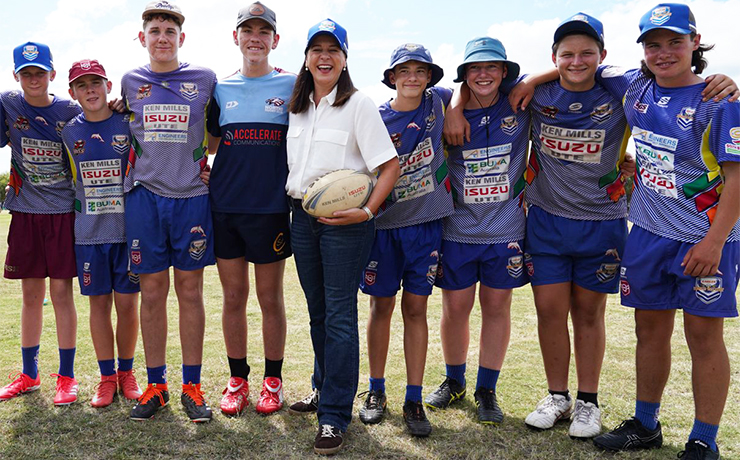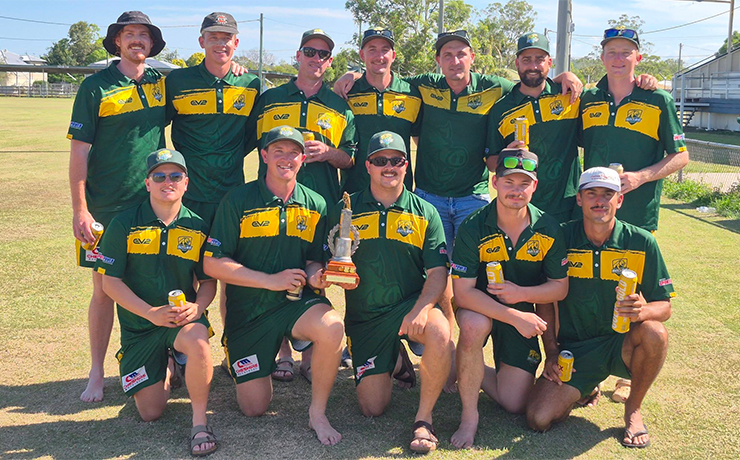October 16, 2014
The Australian Pesticides and Veterinary Medicines Authority announced today the use of most insecticides using the chemical fenthion will be banned in Australia.
Fenthion products were first registered more than 40 years ago under State-based approval processes and have been widely used in Australia.
The ban follows risk assessments carried out on toxicology, residues in food, worker exposure and environmental effects.
The extensive review process began in 1994.
The decision will affect orchardists who are still using fenthion-based products to control fruit fly and graziers who use Tiguvon Spot-on Cattle Lice Insecticide.
All all other pest control and home garden products containing fenthion are also banned.
The final report, published by APVMA today, outlines the reasons for the decision and takes into account submissions from governments, growers and the community.
The APVMA has decided to:
- Vary the label of the horticultural product Lebaycid Insecticide Spray to delete all uses except post-harvest dipping of tropical and subtropical inedible peel fruits
- Vary the label of the pest control 1 per cent fenthion dust to delete all uses except in cracks and crevices
- Cancel the cattle lice control product Tiguvon Spot-on Cattle Lice Insecticide
- Cancel all other pest control and home garden products containing fenthion
The APVMA is allowing a phase-out period of 12 months to enable the use of cancelled products.
The current instructions for use of the horticultural product (that apply by permits) will continue during this time period.
Fenthion is a broad spectrum organophosphorus insecticide.
It was previously registered for use on a range of horticultural crops, including apples, avocado, capsicums, cucurbits, custard apples, grapes, mangoes, paw paw, pears, tomatoes, stone fruit and ornamentals.













